Māori have an unique opportunity to gain substantial social, economic and educational advantages with 5G spectrum now that the government has allocated Māori a slice. The biggest risk is the lack of consultation with the handful of treaty claimants who it appears to be making the same mistake again as occurred with 3G spectrum allocation for Māori.
Most Māori received nothing from the 3G spectrum and then faced no ownership of the spectrum. A handful of Māori were on the so called gravy train collecting commercial rate director fees from Te Huarahi Tika Trust and Hautaki who were appointed to manage our spectrum rights.
Māori are natural innovators, a feat recorded by Captain Cook upon his first visit to NZ and countless times over the years with new technologies and solutions. Māori could be New Zealand leaders with spectrum technology. It might be our last chance to be economic leaders in the global economy.
Māori need to now grasp and utilise their taonga that was created by Io the supreme being. Nurtured by the 12 heavens and supported by Papatuānuku and Ranginui, our 5G spectrum.
Māori now have the opportunity to better utilise 5G spectrum by this time using 5G spectrum for development so that we can ensure widespread and sustainable long term employment, research and development opportunities and a skill base that Māori can take anywhere in the world.
Anti 5G by Māori
Historically there has been widespread inter-generational mistrust by Māori with the New Zealand government dating back to early settlers with broken contracts, theft and various other crimes against Māori. Then government interventions to assist Māori such as The Declaration of the Independence of New Zealand (Māori: He Wakaputanga o te Rangatiratanga o Nu Tireni) and The Treaty of Waitangi/Te Tiriti were not honoured and ignored for many decades.
More recently, New Zealand initiated and promoted cultural assimilation initiatives such as the Native Schools Act 1867, Tohunga Suppression Act 1908, which was repealed by the Māori Welfare Act 1962, and Hunn Report 1961, all of which created inter-generational consequences, trauma and mistrust.
While these topics may not be taught at schools and be common knowledge, Māori is an oral story-telling culture. These stories and their direct impacts on family members and local communities are shared inter-generationally, reinforcing (for some) mistrust of government, authorities, and mainstream media.
Based on recent research and Waitangi Tribunal applications and hearings, government departments and entities, such as Courts, Social Services, Police and the education system, have proven to still have inherited biases and stereotypes against Māori. One impact of these biases in the education system is that Māori are underrepresented in sciences, engineering and other technologies, creating a wide knowledge gap on topics such as 5G. The biases in justice systems could create fears of mass surveillance and issues that were seen in the 2007 police raids.
Māori society is very hierarchical, and community based. There are some groups with a number of social media followers promoting 5G conspiracies. But we also do not have Iwi leaders speaking out in favour of or promoting 5G technologies and the myriad of economic and social opportunities for Māori.
For over two decades we continue to see a small group of Māori individuals negotiate spectrum rights with Government and commercial agreements with industry, but this is done in private. This could be interpreted as the technology not being safe or beneficial to Māori.
Solution to the current issue.
Māori in the ICT industry need to voice their concerns and lobby the minister for a more transparent and long term process that will ensure Māori and Iwi have benefits from their taonga. We need to concentrate on the fact that New Zealand no longer has a monopoly with telecommunications providers and now look at employment, social and commercial investments that will assist Māori all over the country and inter-generationaly.

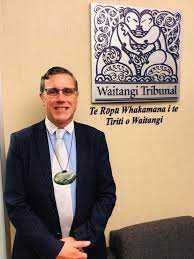
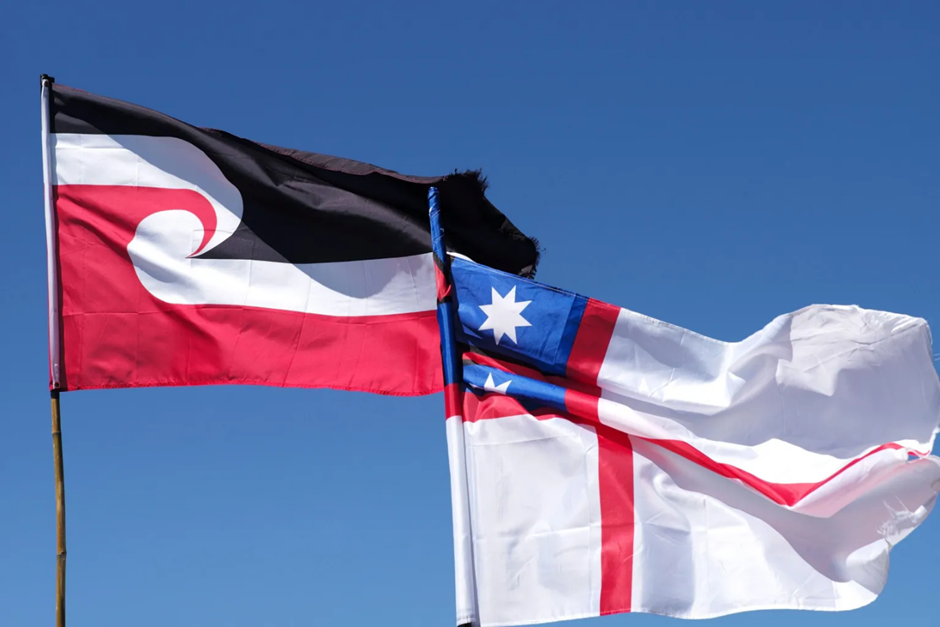
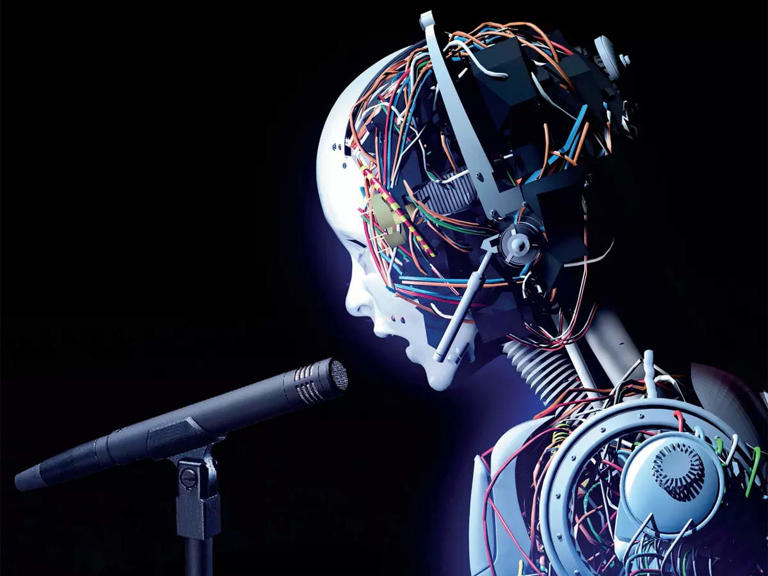
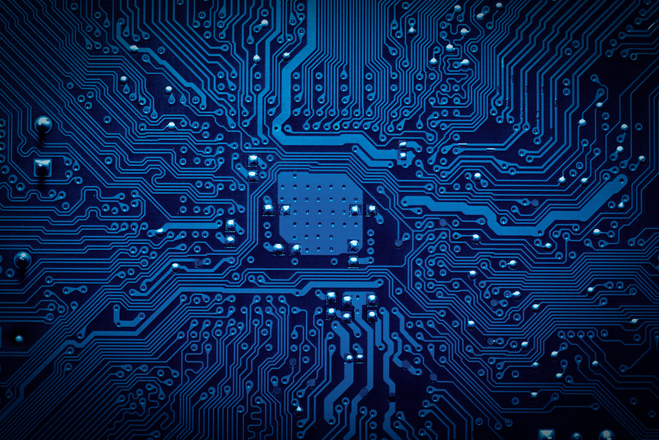
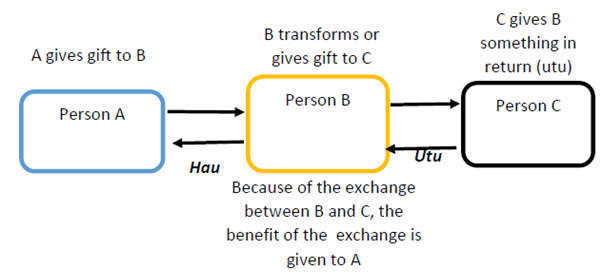
Leave a Reply
You must be logged in to post a comment.